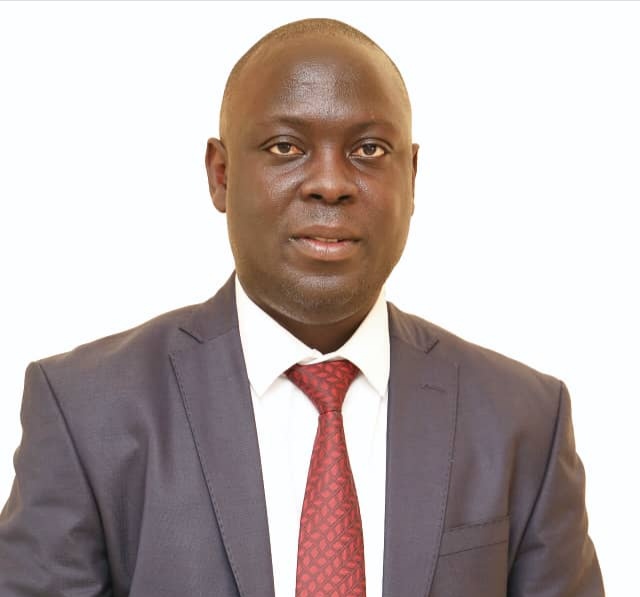I was channel hopping the other morning and landed on a South African TV station in which they were discussing the proposed National Health Insurance scheme for South Africa. South Africa currently has a dual healthcare system, with expensive private facilities and a public system that is underfunded. The cost of care in private hospitals is high so the premiums for medical insurance are also high (around 4 – 5 times what we pay in Uganda). Despite the high premiums, the coverage of health insurance is much higher than in Uganda with about 20% of the population covered (compared to under 2% here). Although only 20% of the population use the private system, 80% of total health resources go to the private system. The principle of NHI is that health expenditure should be spread across the whole population making it equitable for everyone, but getting everyone to agree on the way forward is a challenge.
Like Uganda the debate on national health insurance has been going on for several years, but they do not seem to be making much progress, despite a proposed 2026 launch date. The debate on television was critical of government, with a professor from Wits University claiming that the problem was blatant corruption, and that the political establishment were making promises but doing nothing to tackle the underlying issues. He claimed that even now the money in the public system was not reaching the intended beneficiaries.
It seems that in all African countries we have aspirations, and then we have reality, and the two are rarely the same. Many of our government ministries, such as health, are not working well, but when spoken of at a high political level apparently everything is fine. There is a gap between what we say and what we do, but the aspiration is taken as the reality. We do the same thing in everyday life: if a person is asked whether he is coming for an appointment he may say ‘Kanzije, Let me come’, but what he has stated is an intention, and he may not arrive because of obstacles which prevent him fulfilling his intention to attend the meeting. We should not confuse aspiration (or intention) with implementation. When politicians or news outlets announce a government programme, we should ask ourselves the question – is it being funded and implemented, or it is an aspirational promise?
The professor was pointing out that promises of the benefits of the new National Health Insurance meant nothing until they first dealt with the underlying obstacles in the existing public system. It is the same scenario in Uganda – we will not make any progress with a more idealistic system until we fix what we have. People talk about National Health Insurance as if it is a magic bullet, but no one has even carried out a detailed actuarial analysis on the promises being made. I am not against National Health Insurance, but if we simply form another statutory body with draconian powers to make unrealistic rules and regulations for health providers, it could make the situation worse.
Although there is no simple fix for our health services, we can improve them using our current resources. NSSF has shown willingness to offer a scheme to its members, but this has not been explored. Professor Francis Omaswa has demonstrated a community mobilization approach in four districts which has yielded better health outcomes. One of his key findings was that the quality of the district leadership has a profound effect, but we are not mobilizing or educating the district leaders. There are other initiatives in the health sector which could improve the system. A Ugandan tech company called CTI have developed a system that can track health indicators in the individual, in the community and for patients in hospital. A tech start-up, Clinic Pessa, has developed a system for saving small amounts on a mobile money clinic account for payments to clinics which can be topped up through loans should the need arise. Another area which can be improved is the collaboration between the public and private sectors, including increased support for the faith-based hospitals.
The Minister of Health thinks that NHIS will open another stream of cash from the private sector to fund improvements in the health sector, but the private sector is being so squeezed by the URA that there is no more cash to be wrung out. Instead, what is likely to happen is that companies with existing private medical insurance will stop covering their employees and push the responsibility on to NHIS. Since no one has done the actuarial calculations of this shift, NHIS may not see a net inflow, but net outflows, making the system collapse.
Do you have a story in your community or an opinion to share with us: Email us at Submit an Article









